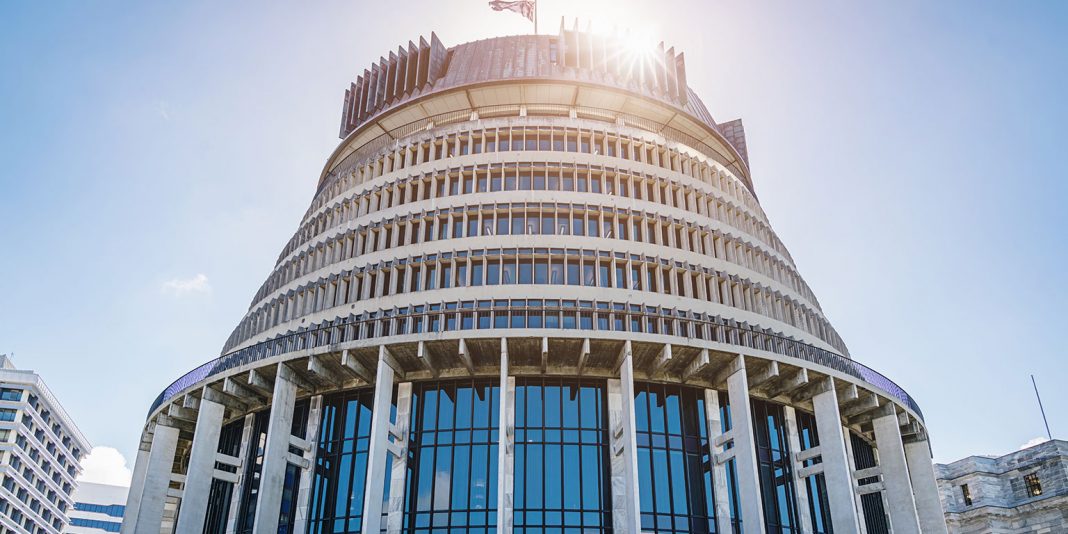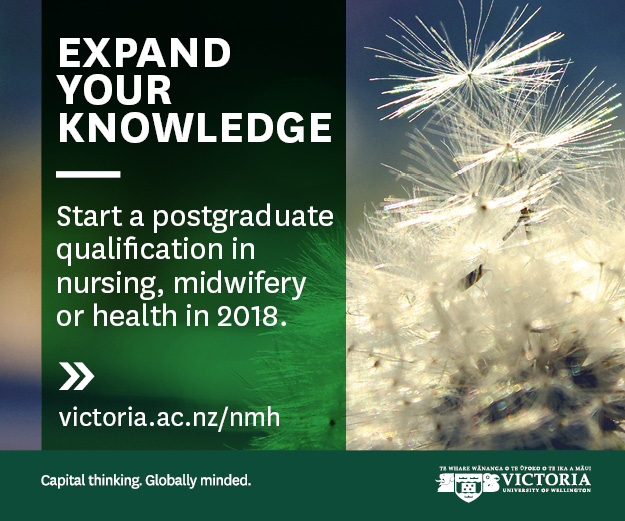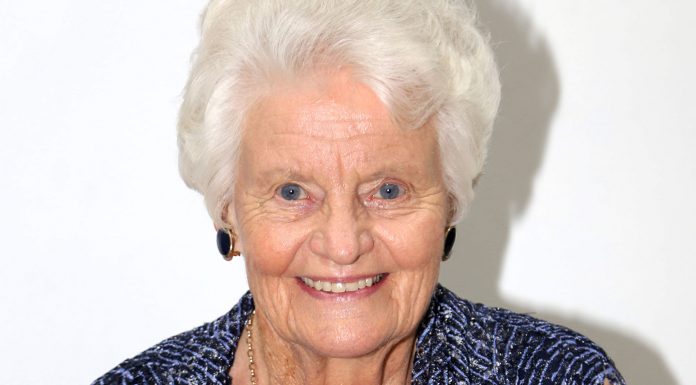Nurses are hoping that ensuring a well-resourced and coordinated mental health workforce is an early focus of the just announced Ministerial inquiry into mental health, says the New Zealand Nurses Organisation.
Memo Musa, the chief executive of NZNO, said the organisation welcomed the inquiry’s terms of reference and was pleased that the inquiry was due to report back by the end of October.
Prime Minister Jacinda Ardern announced the inquiry yesterday, to be chaired by former Mental Health Commissioner Ron Patterson, saying nothing was off the table for the review, which has a particular focus on ensuring equity of access to mental health and addiction services and improving outcomes. (See inquiry details and team members below.)
Musa said that currently the mental health workforce was not well co-ordinated and he hoped the inquiry would widen early to take in workforce issues, as NZNO believed it was important that the workforce was resourced well so it had the diverse skills and capacity to respond to mental health needs.
The inquiry’s terms of reference call on the inquiry team’s report to help inform the Government’s future decisions for the mental health and addiction system, including workforce planning and training and the funding of mental and addiction services.
“The initiative to have more nurses in schools and extending free doctor’s visits for youth will help stop the flow of childhood mental health stress moving onward to become major mental health issues,” said Musa.
“Nurses have a role to play in mental health as they are working with people, whānau and communities every day. The focus on the elderly, children and youth is most welcome in the scope of the inquiry.”
He added that there was “no health without mental health”. “Mental health is too important to be left to health professionals alone and needs to be joined up with community and government services.”
Alcohol addiction needs to be on table
Alcohol Healthwatch and Māori public health organisation Hāpai Te Hauora have also welcomed the inquiry and called on it to address the growing problem of the link between alcohol and poor mental health.
“The Government was right to include addictions in the inquiry into mental health,” said Anthony Hawke of Hāpai Te Hauora. “In 2012 we had the chance to raise the price of alcohol and save lives. We didn’t. Our communities paid the price. Now is the time for this to be remedied.”
Executive Director of Alcohol Healthwatch Dr Nicki Jackson agreed. “Alcohol has become considerably more affordable since our new laws were put in place. Drinking has become worse. The Government has stated that all solutions to improve our mental health are on the table – research shows that one solution to our shameful suicide rates is to raise the price of alcohol. This approach is particularly effective in reducing suicide among young males.”
Inquiry into Mental Health and Addiction
The basics
- The inquiry will be chaired by former Health and Disability Commissioner Professor Ron Patterson, with the support of five other inquiry members (see members’ bios below).
- The inquiry team is due to report back to the Government no later than October 31 this year.
- The catalyst for the inquiry was widespread concern about mental health services from within the sector itself and the broader community, leading to a call for a wide-ranging inquiry.
- Key drivers of the inquiry are: addressing inequalities in mental health and addiction outcomes” (particularly poorer outcomes for Māori); underfunding of mental health and addiction services; stubbornly high suicide rates; and growing substance abuse. (In addition, addressing the disproportionately poorer mental health experienced by Pacific Islanders and youth, people with disabilities, the rainbow/LGBTIQ community, the prison population and refugees.)
- Aims include helping to produce an accurate picture of how well New Zealand’s current mental health and addiction services are working as a baseline for proposing a pathway for improvements.
- Minister of Health David Clark is the appointing Minister of the inquiry, but it will be funded and administered by the Department of Internal Affairs, which will receive an extra $6.5 million to cover the inquiry costs.
Purposes of the inquiry
Hear the voices of the community (including consumers, families and providers of services) on New Zealand’s current approach to mental health and addiction and what needs to change.
Report on how New Zealand is preventing mental health and addiction problems and responding to people’s needs.
Identify unmet needs (across full spectrum from mental distress to enduring psychiatric illness) and which groups of people present the ‘greatest opportunity’ to make a difference to.
Consider previous investigations, reviews, reports and consultation processes relating to mental health and addiction, including the Peoples’ Mental Health Report (2017) and Blueprint II: Improving mental health and wellbeing for all New Zealanders (2012).
Recommend specific changes to New Zealand’s approach to mental health – with a particular focus on equity of access, community confidence in system and better outcomes for Māori and other groups with disproportionally poorer outcomes.
Inform the Government’s decisions on future arrangements for mental health and addiction system including:
- the re-establishment of the Mental Health Commission
- improved co-ordination between health and other systems, including education, welfare and ACC
- fiscal approaches, models and funding arrangements
- workforce planning, training support and management.
Scope of the inquiry:
- Mental health problems across the full spectrum, from mental distress to enduring psychiatric illness.
- Mental health and addiction needs from the perspective of both identifying and responding to people with mental health and addiction problems AND preventing mental health problems and promoting mental wellbeing and suicide prevention.
- Activities directly related to mental health and addiction undertaken within the broader health and disability sector (in community, primary and secondary care), as well as the education, justice and social sectors and through the accident compensation and wider workplace relations and safety systems.
- Opportunities to build on the efforts of whānau.
Inquiry members:
Professor Ron Paterson (Chair) was the Health and Disability Commissioner 2000-2010 and is currently a professor of law at the University of Auckland and Chair of the New Zealand Centre for Human Rights Law, Policy & Practice Advisory Board. He is recognised internationally for his expertise in patients’ rights, regulation of health practitioners and healthcare quality improvement, and has chaired several major health system reviews in Australia.
Dr Barbara Disley is a former director of the Mental Health Foundation (1991-1996) and a former executive chairwoman of the Mental Health Commission (1996-2002). She is currently chief executive of Emerge Aotearoa, which provides a wide range of community-based mental health, addiction, disability support and social housing services nationwide.
Sir Mason Durie is a psychiatrist and professor of Māori Studies at Massey University. An expert in Māori health and culture, he has served on a range of health-related committees, councils and advisory groups, including the Mental Health Foundation (1976-1980) and the National Health Committee (1998-2000), and was a Families Commissioner (2003-2007).
Dean Rangihuna is a Māori consumer adviser for the Canterbury DHB with a particular focus on mental health services. He has consumer/lived experience and knowledge of Māori mental health models.
Dr Jemaima Tiatia-Seath has research expertise and experience in Pacific mental health and suicide prevention. She is currently acting co-head of the School of Pacific Studies at the University of Auckland and is a senior lecturer for Pacific health at the School of Population Health.
Josiah Tualamali’i is chair of the Pacific Youth Leadership and Transformation Charitable Trust. In 2016 he received the Prime Minister’s Pacific Youth Award for Leadership and Inspiration and he is a semi-finalist for Kiwibank Young New Zealander of the Year (2018).
Source: Inquiry Cabinet Paper and Terms of Reference
***********************************************************************
WHERE TO GET HELP:
If you are worried about your or someone else’s mental health, the best place to get help is your GP or local mental health provider. However, if you or someone else is in danger or endangering others, call police immediately on 111.
OR IF YOU NEED TO TALK TO SOMEONE ELSE:
- Need to talk? Free call or text 1737 any time for support from a trained counsellor.
- Lifeline – 0800 543 354 or 09 5222 999 within Auckland.
- Youthline – 0800 376 633, free text 234 or email [email protected] or online chat.
- Samaritans – 0800 726 666.





















